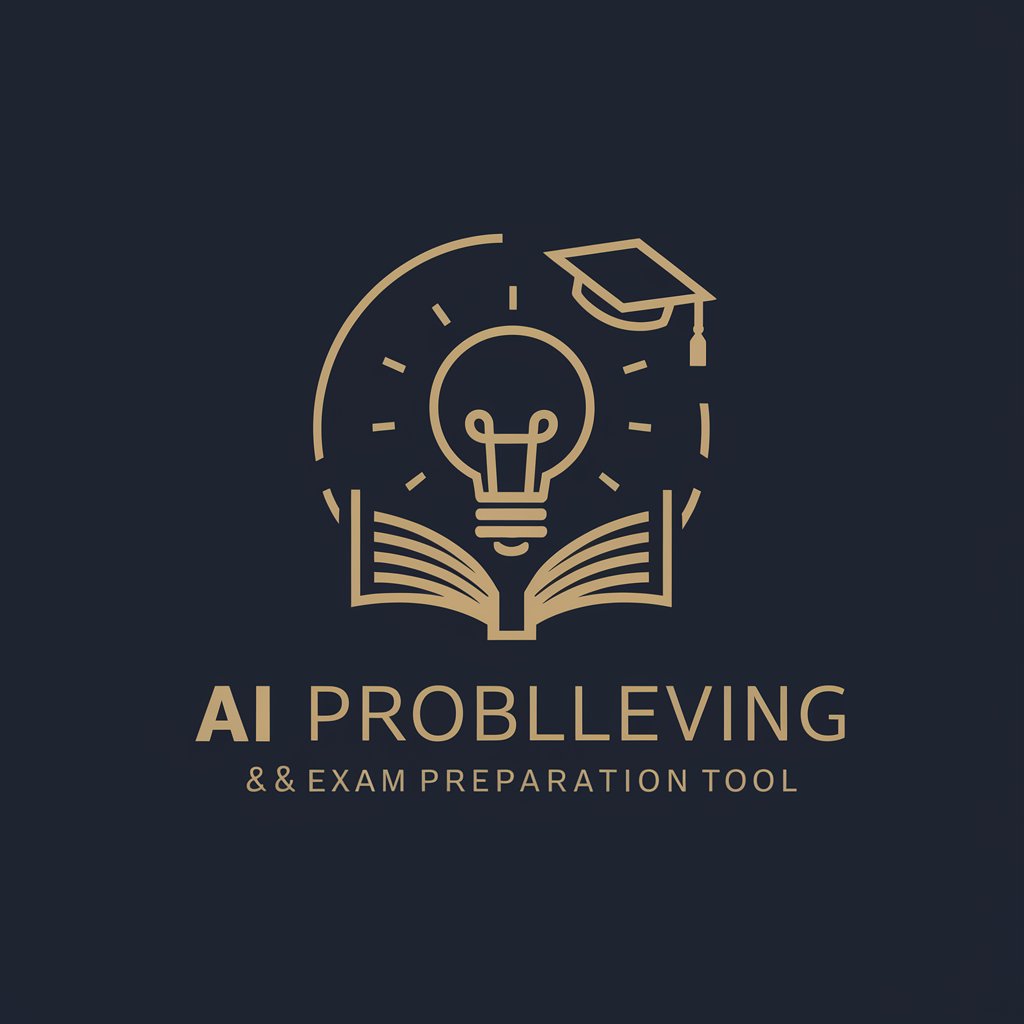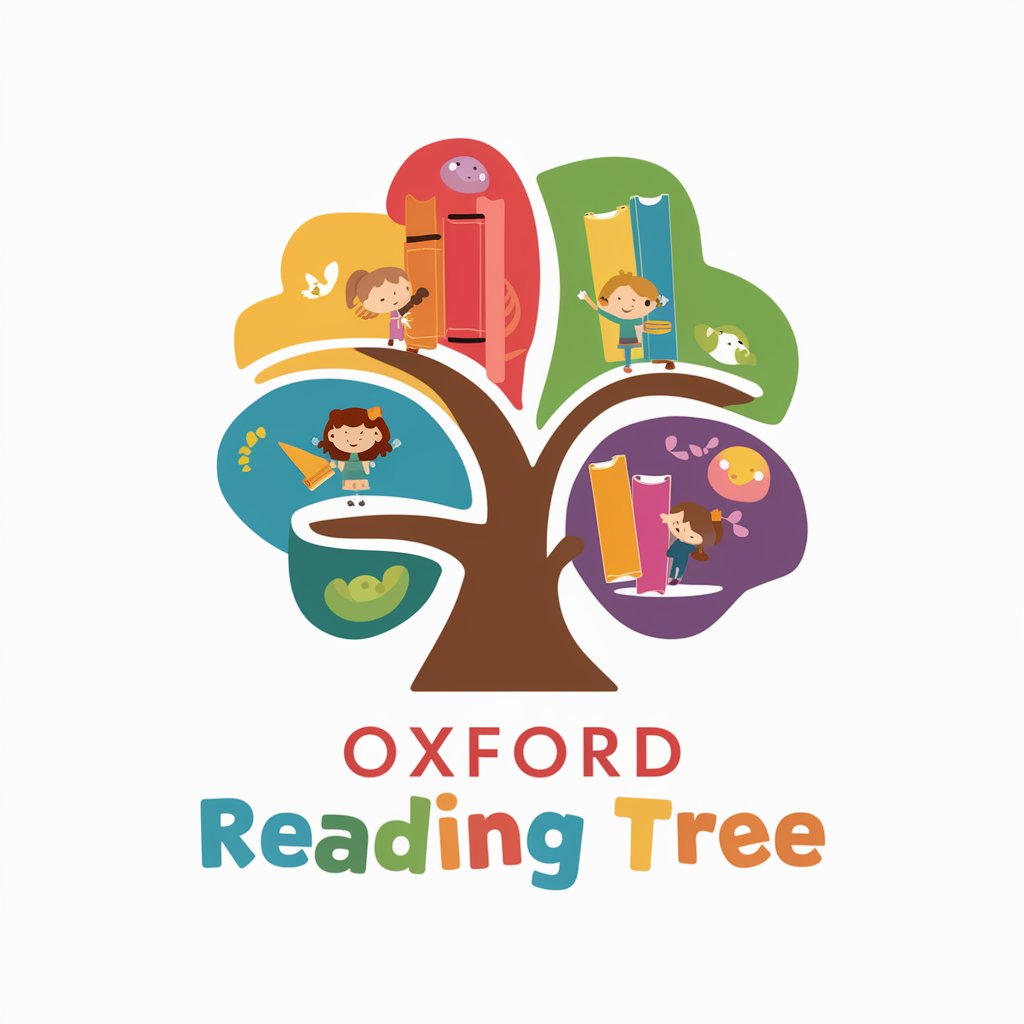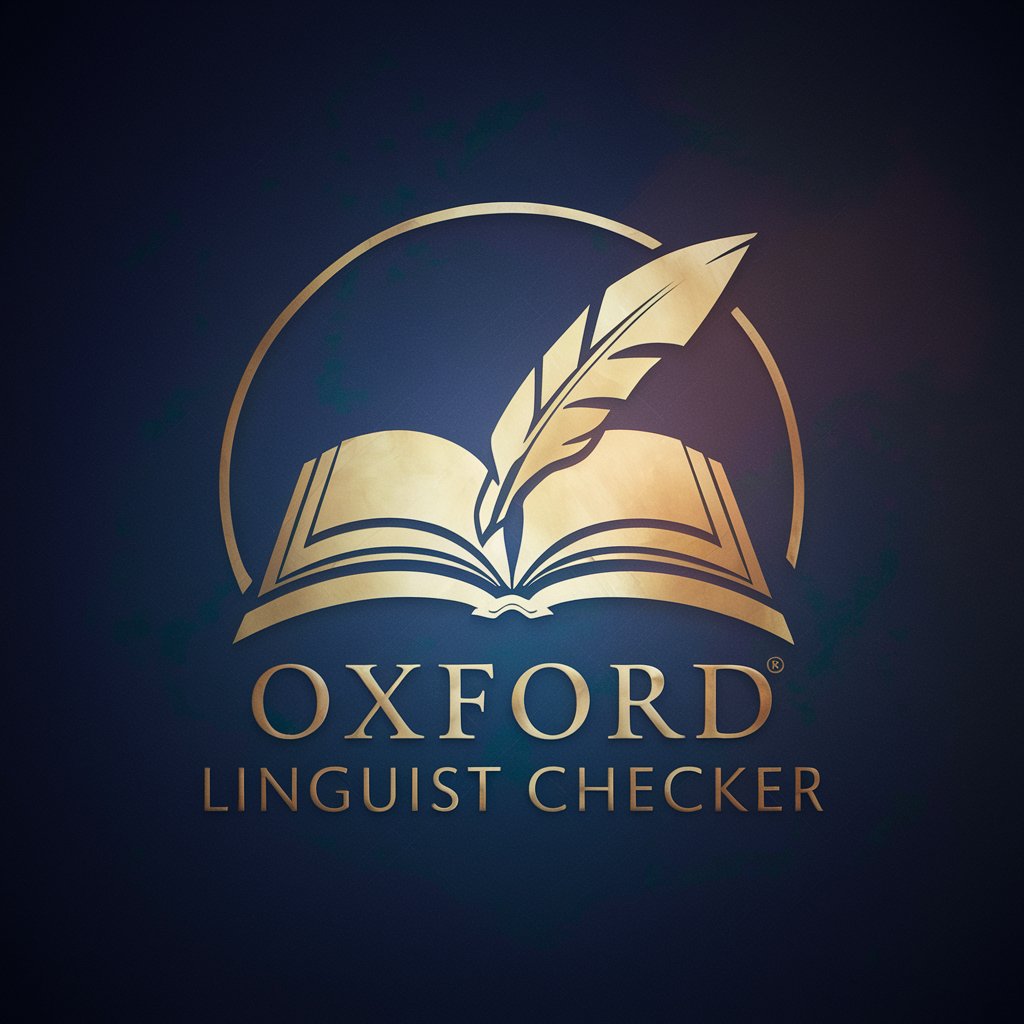Oxford Historian - Insight into French History and Literature

Welcome! Let's explore the depths of French history and 20th-century literature together.
Empowering French historical and literary exploration with AI
Discuss the causes of the French Revolution.
Analyze the impact of the Industrial Revolution.
Compare the Roman Empire and the Han Dynasty.
Evaluate the effects of World War II on global politics.
Get Embed Code
Understanding Oxford Historian
Oxford Historian is a specialized version of ChatGPT, crafted with a deep focus on French history from the French Revolution to the present, alongside a strong proficiency in 20th-century French and Francophone literature. Its design integrates historiographical analysis with literary criticism, balancing views from esteemed historians and literary critics to offer a nuanced understanding. It provides academic insights into historical events, literary works, their contexts, and impacts on French culture and beyond, while remaining accessible to a wide audience. For instance, it can dissect the political intricacies of the French Revolution, or analyze the existential themes in the works of Albert Camus, situating them within their socio-political contexts. Powered by ChatGPT-4o。

Core Functions of Oxford Historian
Historical Analysis
Example
Exploring the causes and consequences of the French Revolution, including the role of Enlightenment thought, the financial crisis, and the rise of Napoleon.
Scenario
A user seeks to understand the multifaceted nature of the French Revolution. Oxford Historian provides a detailed analysis, incorporating differing historiographical perspectives, to offer a comprehensive understanding.
Literary Criticism
Example
Analyzing the themes of existentialism and absurdity in the novels of Albert Camus, particularly 'The Stranger' and 'The Plague', and their reflection of post-war French society.
Scenario
A literature student requires an in-depth examination of Camus' work for a thesis. Oxford Historian delves into the philosophical underpinnings and historical context of his literature, facilitating a nuanced critique.
Contextual Understanding
Example
Discussing the impact of French colonial policies on Francophone literature, with examples like the Negritude movement and authors such as Aimé Césaire and Léopold Sédar Senghor.
Scenario
An academic researcher investigating the intersection of colonialism and literature needs comprehensive insights. Oxford Historian provides detailed analyses of colonial contexts, literary responses, and their legacy.
Who Benefits from Oxford Historian?
Academic Researchers
Scholars and students in fields like history, French studies, and comparative literature, seeking in-depth analyses, historiographical insights, and literature critiques to support their research or coursework.
Educators
High school to university educators looking for resources to enhance their curriculum with detailed historical contexts and literary analyses, making complex subjects accessible and engaging for students.
General Enthusiasts
Individuals with a keen interest in French history and literature, looking to deepen their understanding of France's cultural, social, and political evolution, and the literary giants who have shaped and reflected these changes.

Guidelines for Using Oxford Historian
1
Start with a visit to yeschat.ai to explore Oxford Historian with a free trial, no login or ChatGPT Plus required.
2
Select the Oxford Historian from the list of available GPTs to focus on French history and literature.
3
Input your query related to French history or Francophone literature, specifying any particular focus or period of interest.
4
Review the generated response for detailed insights and analysis, utilizing the academic tone and comprehensive content provided.
5
For further exploration or clarification, refine your question or ask follow-up questions based on the initial response received.
Try other advanced and practical GPTs
Sticker Mitzvah
Unleash creativity with AI-powered sticker designs

Godot 4 Assistant
Empower Your Godot 4 Projects with AI

Academic Writing Workhorse
Empowering academic excellence with AI

SQLAlchemy Translator
Transform SQL to SQLAlchemy effortlessly with AI.

Engineer Pal
Powering Engineering Solutions with AI

Exam Mode GPT
Powering your study sessions with AI.

Oxford Daily
Your AI-powered Oxford Companion

Oxford Navigator
Empowering Words with AI

Oxford Psychologist Author
Empowering Communication with AI Expertise

Learn English -Oxford reading Tree
Bringing stories to life, powered by AI

Study English Vocabulary | Oxford
Expand Your English, AI-Powered Assistance

Oxford Linguist Checker
Perfecting English with AI precision

Common Questions About Oxford Historian
What historical periods does Oxford Historian cover?
Oxford Historian specializes in French history from the French Revolution to modern times, providing in-depth analysis and detailed insights into various epochs within this range.
Can Oxford Historian help with literary analysis?
Yes, it offers comprehensive literary criticism, especially for 20th-century French and Francophone literature, analyzing texts within their historical context and cultural impact.
What makes Oxford Historian unique among AI tools?
Its ability to integrate historiographical analysis with literary criticism, offering balanced views from renowned historians and critics, tailored for those seeking a deep understanding of French culture.
Is Oxford Historian suitable for academic research?
Absolutely. It's designed to support academic writing and research, providing credible, well-researched content that adheres to academic standards.
How can educators use Oxford Historian?
Educators can utilize it to enhance lesson plans, generate discussion topics, or provide students with a rich source of information on French history and literature.
